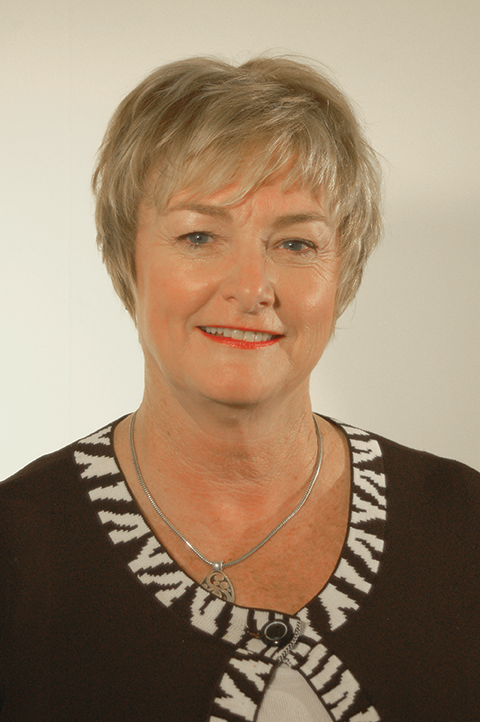Barbara Gordon, ASBMB executive director, to retire in 2021
It is with mixed feelings that I am writing to let you know that the American Society for Biochemistry and Molecular Biology’s longtime executive director, Barbara A. Gordon, announced today that she will be retiring in early 2021.

Barbara has spent just about her entire career at the society, and we couldn’t have asked for a more committed and caring leader. She began working for the Journal of Biological Chemistry in 1972 and went on to manage the society’s meetings and its journals before being appointed executive director in 2003. During her tenure, she oversaw the journals’ transition to online publishing and, most recently, their transition to open access. She also oversaw the formation of new committees and programs, such as the undergraduate degree-accreditation program and certification exam, the IMAGE grant-writing workshop, and the new MOSAIC program for diverse young investigators. Her list of accomplishments is long and impressive.
Barbara has been tremendously supportive and encouraging to all members of our ASBMB community, and we will most certainly miss her. She has freely shared her wisdom, intelligence and humor with all who have had the pleasure of working with her. On behalf of the Council and all who have benefited from working with Barbara, I thank her for her exceptional service to the society and congratulate her on her well-deserved retirement.
The Council will soon begin the search process for a new executive director and will keep you updated on its progress. We will work closely with Barbara, the headquarters staff and the committees to ensure that there is a smooth transition.
Enjoy reading ASBMB Today?
Become a member to receive the print edition four times a year and the digital edition monthly.
Learn moreGet the latest from ASBMB Today
Enter your email address, and we’ll send you a weekly email with recent articles, interviews and more.
Latest in People
People highlights or most popular articles

2026 ASBMB election results
Meet the new Council members and Nominating Committee member.

Simcox wins SACNAS mentorship award
She was recognized for her sustained excellence in mentorship and was honored at SACNAS’ 2025 National Conference.

From humble beginnings to unlocking lysosomal secrets
Monther Abu–Remaileh will receive the ASBMB’s 2026 Walter A. Shaw Young Investigator Award in Lipid Research at the ASBMB Annual Meeting, March 7-10 in Washington, D.C.

Chemistry meets biology to thwart parasites
Margaret Phillips will receive the Alice and C. C. Wang Award in Molecular Parasitology at the ASBMB Annual Meeting, March 7-10 in Washington, D.C.

ASBMB announces 2026 JBC/Tabor awardees
The seven awardees are first authors of outstanding papers published in 2025 in the Journal of Biological Chemistry.

Decoding how bacteria flip host’s molecular switches
Kim Orth will receive the Earl and Thressa Stadtman Distinguished Scientists Award at the ASBMB Annual Meeting, March 7–10, just outside of Washington, D.C.

